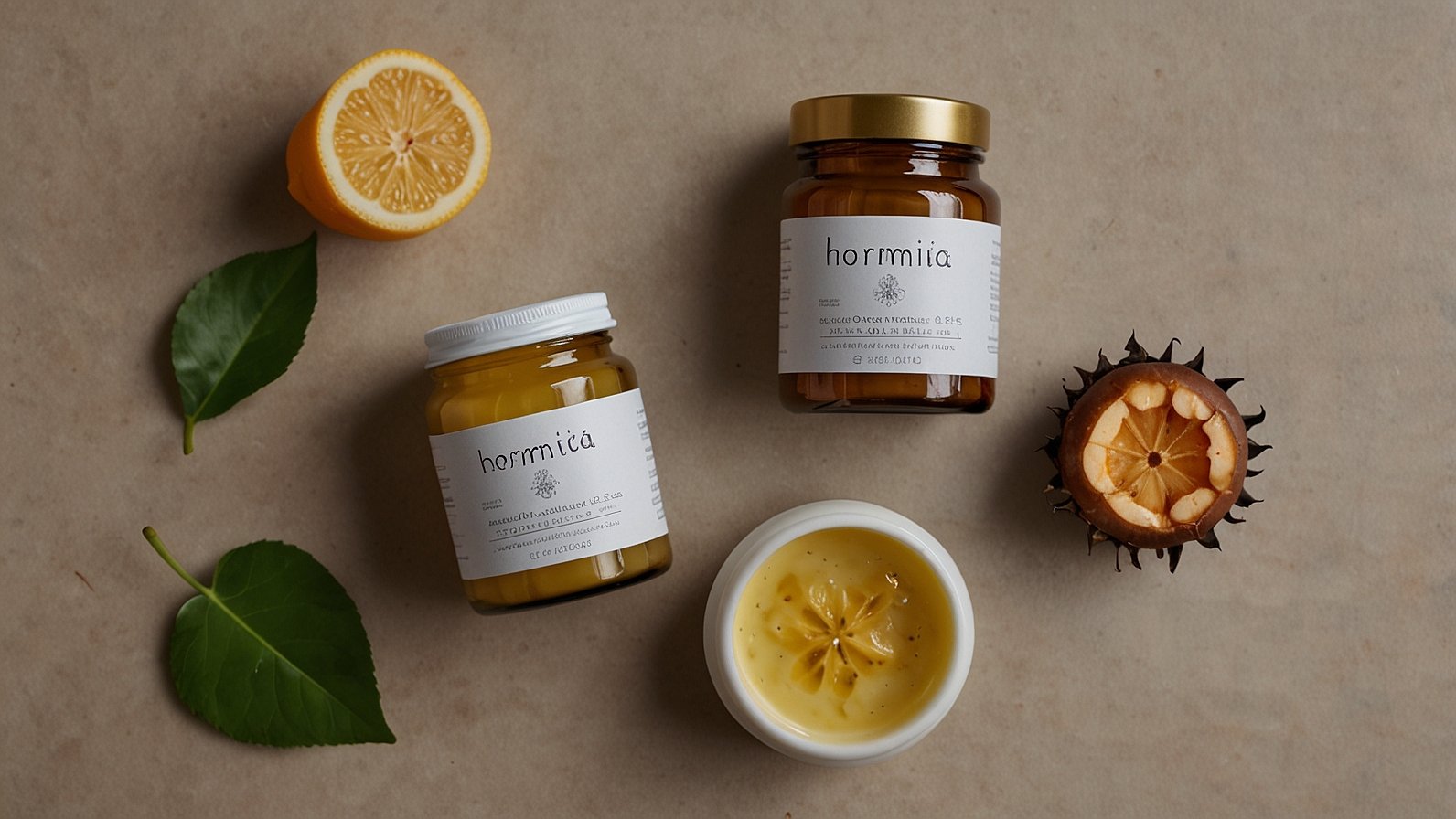Maintaining a clean barn isn’t just about odor control or appearances. It’s central to animal health, biosecurity, and the daily success of any working farm. Many producers are reevaluating everyday practices and switching to natural solutions that minimize chemicals, protect animals, and support the environment. Whether you manage a flock of chickens or a herd of goats, a holistic hygiene plan delivers peace of mind and long-term benefits.
Below, we dig into practical, nature-positive methods for cleaner barns, happier livestock, and a healthier bottom line.
Why Barn Hygiene Matters Most
Livestock Health Begins Underfoot
A barn’s hygiene directly influences the wellness of animals living within its walls. Manure, moisture, and waste build-up create breeding grounds for bacteria, parasites, and nasty odors. These conditions can trigger everything from respiratory problems and skin infections to parasite outbreaks. Solid hygiene practices reduce the risk of disease spread, keep animals comfortable, and help maintain productivity for flocks and herds alike.
Sustainable Choices Benefit Everyone
Farmers are increasingly seeking natural, sustainable approaches that don’t compromise animal care. Reducing chemical use safeguards both livestock and the ecosystem, while thoughtful waste management can even add value to the farm in the form of compost or clean mulch.
Natural Solutions for Everyday Barn Cleaning
Choose Bedding that Supports Health and Cleanliness
The right bedding absorbs moisture, neutralizes odor, and makes cleaning more efficient. Natural materials like hemp, straw, and wood shavings each have benefits, but hemp chicken bedding for sustainable farming stands out for its excellent absorbency and compostability.
- Absorption
Hemp bedding holds up to four times its weight in moisture, keeping floors dry and reducing the risk of harmful bacteria growth.
- Low Dust
Compared to some straw or sawdust, hemp produces less airborne dust, meaning cleaner airways for both animals and caretakers.
- Composting Potential
Used hemp bedding breaks down quickly in compost piles, creating a valuable, earth-friendly byproduct for pastures and gardens.
Maintain a Consistent Cleaning Routine
A structured approach prevents problems before they start.
- Daily Spot Checks
Remove wet or soiled bedding and feces every day, focusing on high-traffic and nesting areas. This keeps waste from compacting and reduces odor.
- Weekly Deep Cleaning
Once a week, remove all bedding from stalls or pens, scrub hard surfaces with hot water and a mild soap, and allow to fully dry before adding fresh bedding.
- Monthly Disinfection
Natural disinfectants, like vinegar or essential-oil-based products, eliminate pathogens. Apply after major clean-outs and on feeding or watering equipment.
Encourage Airflow for Freshness
Stale air carries ammonia, dust, and pathogens. Natural barn ventilation supports animal health and helps bedding last longer.
- Monitor Barn Openings
Keep windows, vents, or doors partially open when possible. Cross-ventilation sweeps out humidity and airborne contaminants.
- Use Fans as Needed
Low-energy fans help circulate air in larger or more enclosed spaces, minimizing condensation and excess moisture.
- Protect from Drafts
Especially in winter, ensure there are no direct drafts on your animals. Position openings thoughtfully to allow airflow without chilling livestock.
Compost Waste Responsibly
Daily barn waste adds up, but in the right system, waste becomes a renewable resource.
- Establish a Compost Area
Designate a well-drained site, away from animal enclosures but close to the barn for easy waste transport.
- Layer Bedding and Manure
Combine used bedding with manure and green materials. Turn regularly for aeration; this speeds decomposition and reduces odors.
- Monitor Moisture
A good compost pile should feel like a wrung-out sponge. If it’s too wet, add straw or wood chips; too dry, add a bit of water.
- Return to the Farm
Finished compost works wonders for pastures, gardens, and even potted plants, closing the loop in natural nutrient cycles.
Harness the Power of Beneficial Microbes
Not all bacteria are bad! Introducing specific beneficial bacteria or commercially available probiotics to barn surfaces can outcompete harmful bugs, keeping the environment balanced naturally. Some farmers spray diluted DIY probiotic solutions or use bedding inoculated with safe microbial cultures to maintain a healthier environment with less chemical input.
Try Herbal Helpers and Natural Odor Control
Certain herbs and natural minerals can support barn hygiene while adding pleasant scents.
- Herbal Bedding Blends
Lavender, mint, and thyme have antimicrobial properties and can be mixed into animal bedding.
- Diatomaceous Earth
Sprinkle food-grade diatomaceous earth into bedding to reduce insects and absorb moisture, but apply sparingly and avoid excess dust.
- Essential Oil Sprays
Diluted solutions of tea tree, eucalyptus, or lemon oils, when used mindfully, can refresh barn spaces without harsh chemicals.
Closing the Gap Between Cleanliness and Sustainability
A healthy barn relies on daily choices that respect both animal welfare and the farmland that sustains them. By choosing natural solutions—from better bedding like hemp to composting and herbal cleansers—not only do you ensure fresher spaces and healthier livestock, but you also contribute to environmental stewardship.
Investing in higher-quality, sustainable materials, and consistent routines often pays for itself with fewer vet visits, better productivity, and happier animals. Start with small changes, and over time, your barn will reflect the health of your whole operation.
YOU MAY ALSO LIKE: Designing Effective Quality Control Plans: The Key to Consistent Product Quality










